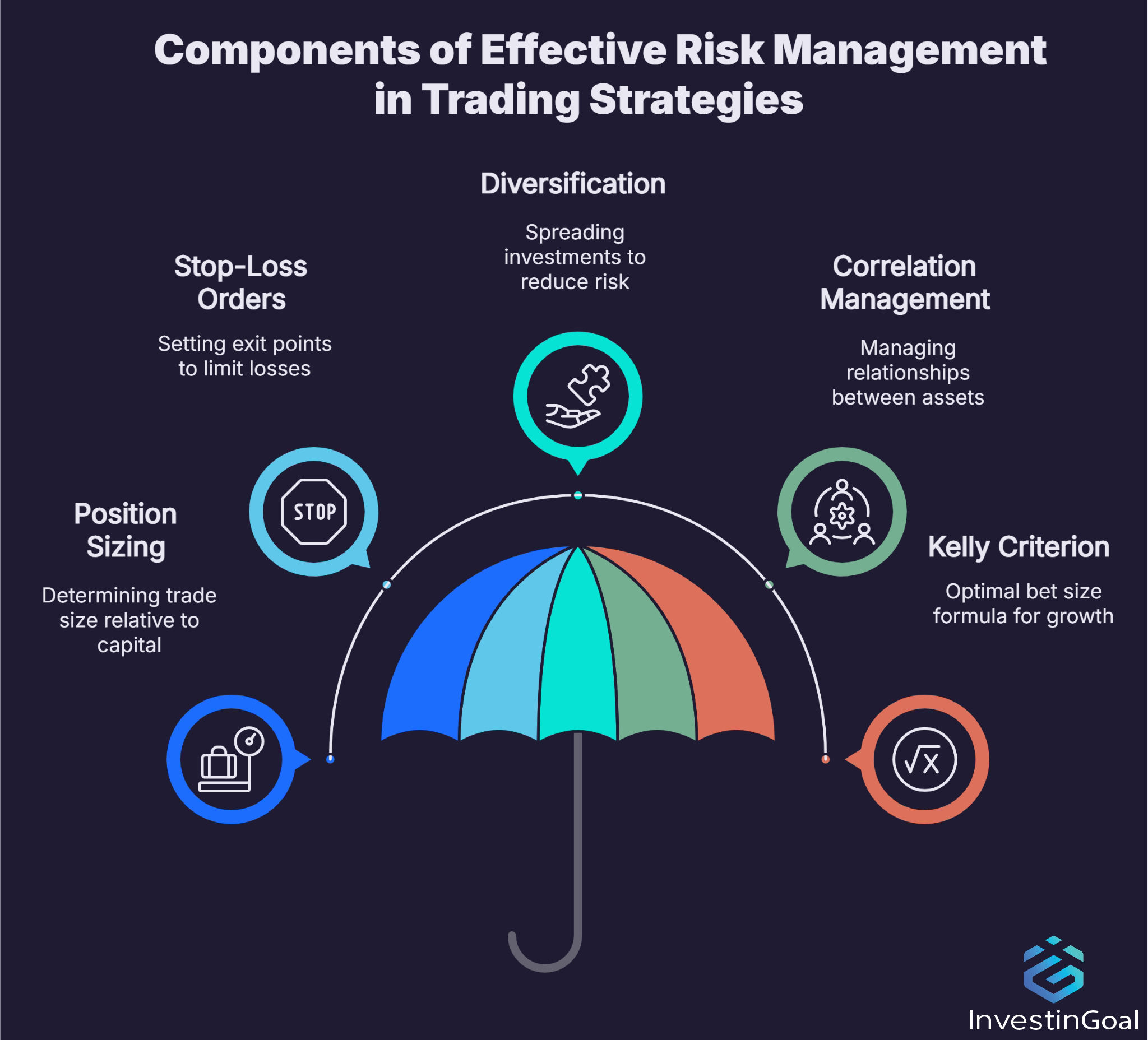Financial Automation 2025: Engineering Everyday Wealth in the Digital Economy

Financial Planning Has Changed: From Manual Budgeting to Always-On Automation
In 2025, wealth building is no longer a monthly spreadsheet ritual—it’s an always-on system. Cash enters your account, rules route it automatically: essentials, emergency fund, investments, and sinking funds. AI budgeting apps detect patterns, flag risky spending, and recalibrate targets in real time. Your job isn’t to micromanage; it’s to design the rules that compound quietly in the background.
- Automated cashflow rails: paycheck → bill vault → investments → discretionary wallet.
- Dynamic budgets: categories flex with seasonality (travel, back-to-school, Eid/holiday periods) to avoid debt spikes.
- Goal sync: each goal has a dedicated “bucket” (house down payment, car, education), removing guesswork and willpower fatigue.
The mindset shift is simple: build systems, not streaks. Systems survive busy weeks, market noise, and motivation dips.
The 2025 Allocation Blueprint: Simple, Diversified, and Risk-Aligned
A smart plan balances growth with stability using a risk-aligned core plus optional satellites. For most investors, a low-cost, globally diversified index core remains the workhorse—wrapped in a tax-efficient account, rebalanced automatically, and sized to your drawdown tolerance.
- Core portfolio (60–90%): broad equity index + investment-grade bonds/short-term treasuries; auto-rebalance quarterly.
- Safety layer (3–12 months expenses): high-yield digital savings/treasuries for true emergencies—not for speculation.
- Satellite (0–20% max): thematic or factor tilts, income REITs, or vetted private market exposure—kept small and rule-based.
The key is risk budgeting: decide the maximum loss you can stomach in a bad year, then set allocations that respect that limit. Automation enforces discipline; you supply patience.
Digital Wealth Tools That Matter in 2025 — What Smart Investors Actually Use
Financial apps are everywhere in 2025, but very few contribute to actual wealth building. Smart planning means curating a tech stack that reduces friction, automates consistency, and improves decision accuracy. Based on digital wealth adoption trends, these tools provide real leverage:
- Neo-banks with auto-routing: instantly divide income into bills, savings, and investments without manual transfers.
- AI-driven budgeting platforms: tools like Monarch, Cleo, or custom bank AI engines detect spending leaks before they grow.
- Robo-advisors (AI portfolios): algorithmic allocation + tax-loss harvesting + automated rebalancing = seamless compounding.
- Auto-invest DCA engines: recurring micro-investments that remove timing anxiety and build exposure gradually.
- Crypto-yield & tokenized treasury rails: new platforms offer U.S. Treasury-backed on-chain yields with instant liquidity.

Automation Over Motivation — Why Discipline Now Comes from Code, Not Emotion
In traditional personal finance, progress relied on willpower. In digital finance, progress relies on code. Instead of hoping you “remember to invest,” a recurring transfer moves money into your portfolio whether you’re motivated or not. Instead of panicking during market volatility, your robo-advisor rebalances or tax-harvests automatically based on preset thresholds.
This removes emotional bias, which is how most people lose money — buying late, selling early, and abandoning plans during noise. Automation doesn’t get bored, scared, or greedy. It executes your pre-committed strategy with zero drama.
Key mindset upgrade: configure your systems once, then let time and consistency do the heavy lifting. Manual effort is no longer the flex — design is.
Layered Financial Safety Nets — The New Survival Framework
Building wealth without safety layers is just high-risk speculation disguised as planning. In 2025, smart financial planning models use a tiered structure known as the Digital Safety Net Stack — an automated buffer system that protects your portfolio and mental stability during shocks.
The 3-layer digital protection model:
- 🟢 Instant Access Buffer — 30–60 days of expenses in a high-yield digital wallet with same-day liquidity.
- 🟡 Stable Yield Reserve — 3–6 months of expenses parked in short-term treasuries or tokenized T-bill platforms for 4–5% low-risk yield.
- 🔴 Portfolio Guardrails — automated stop-loss alerts, rebalancing triggers, and tax-loss harvesting settings protecting long-term capital.
Unlike old emergency fund advice, this model automates everything. Funds are routed continuously with no manual transfers or discipline required. You don’t plan your safety; your system enforces it in real time.
Case Study — Two Investors, Same Income, Very Different Outcomes
Profile A: $4,000/month income, invested aggressively in equities but had no cash buffer. Market dropped 18%, emergency bill arrived, investor panicked and sold at loss to free liquidity.
Profile B: Same income. Auto-routing sent 8% to buffer wallet, 12% to treasury yield fund, rest into long-term index portfolio. Market dropped the same, but buffer absorbed expenses, and investments were untouched — allowing recovery and compounding.
- Outcome A: Sold $7,200 worth of stock at -18% drawdown → permanent capital loss.
- Outcome B: No selling, treasury yield continued paying 4.8% annual, buffers auto-refilled → portfolio recovered + grew.
Lesson: The difference wasn’t income, IQ, or financial literacy — it was system design. Wealth is protected in layers, not guesses.

Thinking Like a Wealth Architect — Not Just a “Saver”
Traditional advice teaches people how to save. Smart financial planning in 2025 isn’t about saving — it’s about orchestrating systems that multiply money with minimal stress and decision fatigue. A Wealth Architect:
- ✔ Doesn’t “try to remember” to invest — they automate entry.
- ✔ Doesn’t fear market dips — they plan buffers so dips become buying opportunities, not emergencies.
- ✔ Doesn’t chase trends — they build a core engine then plug in optional high-upside modules with defined risk caps.
- ✔ Doesn’t depend on motivation — they build an environment where wealth happens by default.
The new edge in personal finance isn't insider information — it's design intelligence. When your system is aligned with your psychology and cashflow reality, compounding becomes a background process.

Final Strategic Summary — Your Financial System Is Your Advantage
Smart financial planning in 2025 is not about predicting the markets — it’s about building resilience, capturing upside automatically, and minimizing emotional decision points. The combination of:
- ✅ Automated cashflow allocation
- ✅ Risk-aligned core portfolio
- ✅ Digital safety net layers
- ✅ Smart optional exposure (only after safety)
…creates a wealth engine that works even when you’re not paying attention. That’s the real financial edge in a digital world flooded with noise.
Next in the Digital Wealth Series: Discover the tools that high-performance investors use behind the scenes
→ Continue to: Top Digital Wealth Platforms & AI Investing Tools in 2025Financial frameworks inspired by: Wealthfront, BlackRock Digital Investing Insights, SoFi Automated Portfolio Guides
